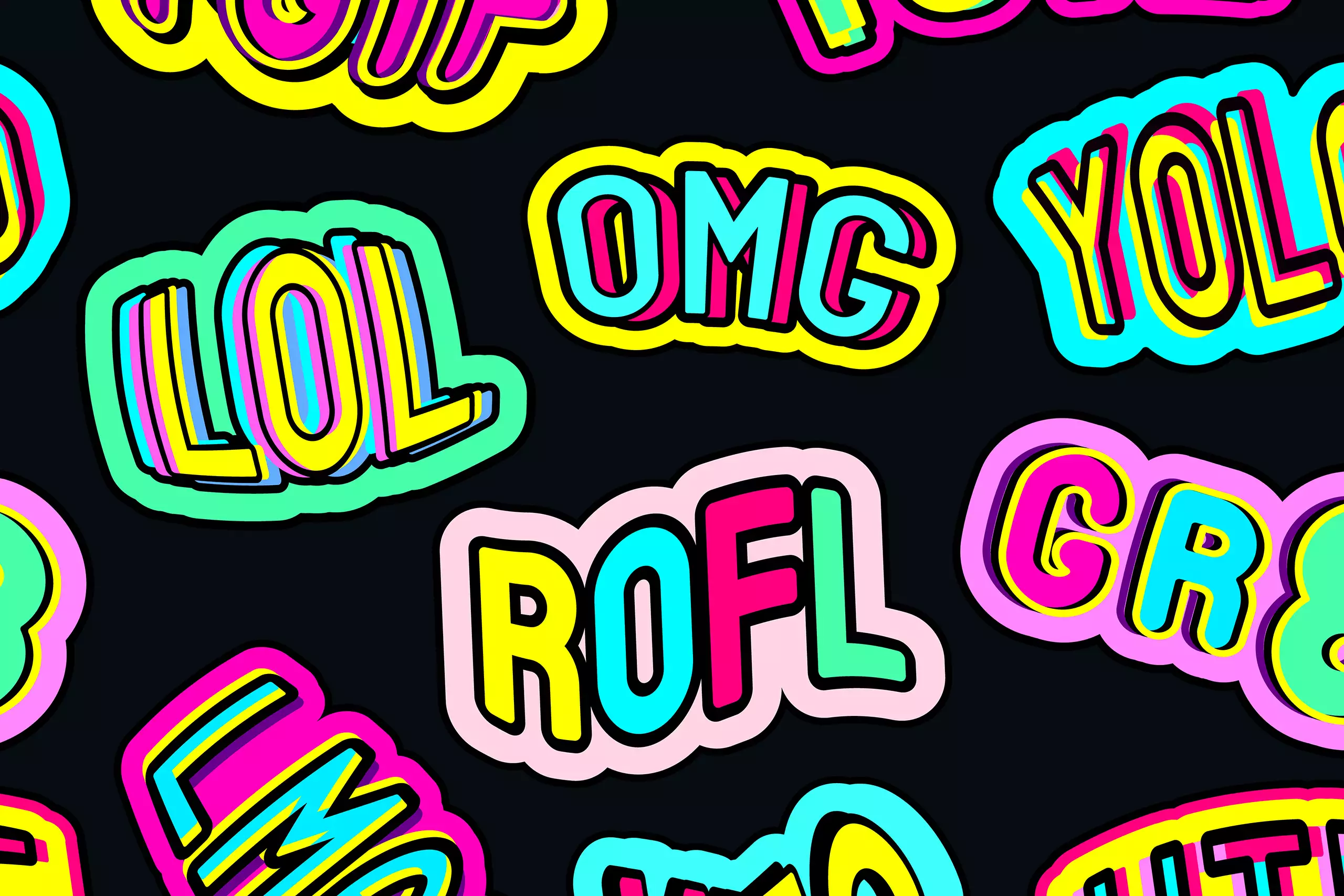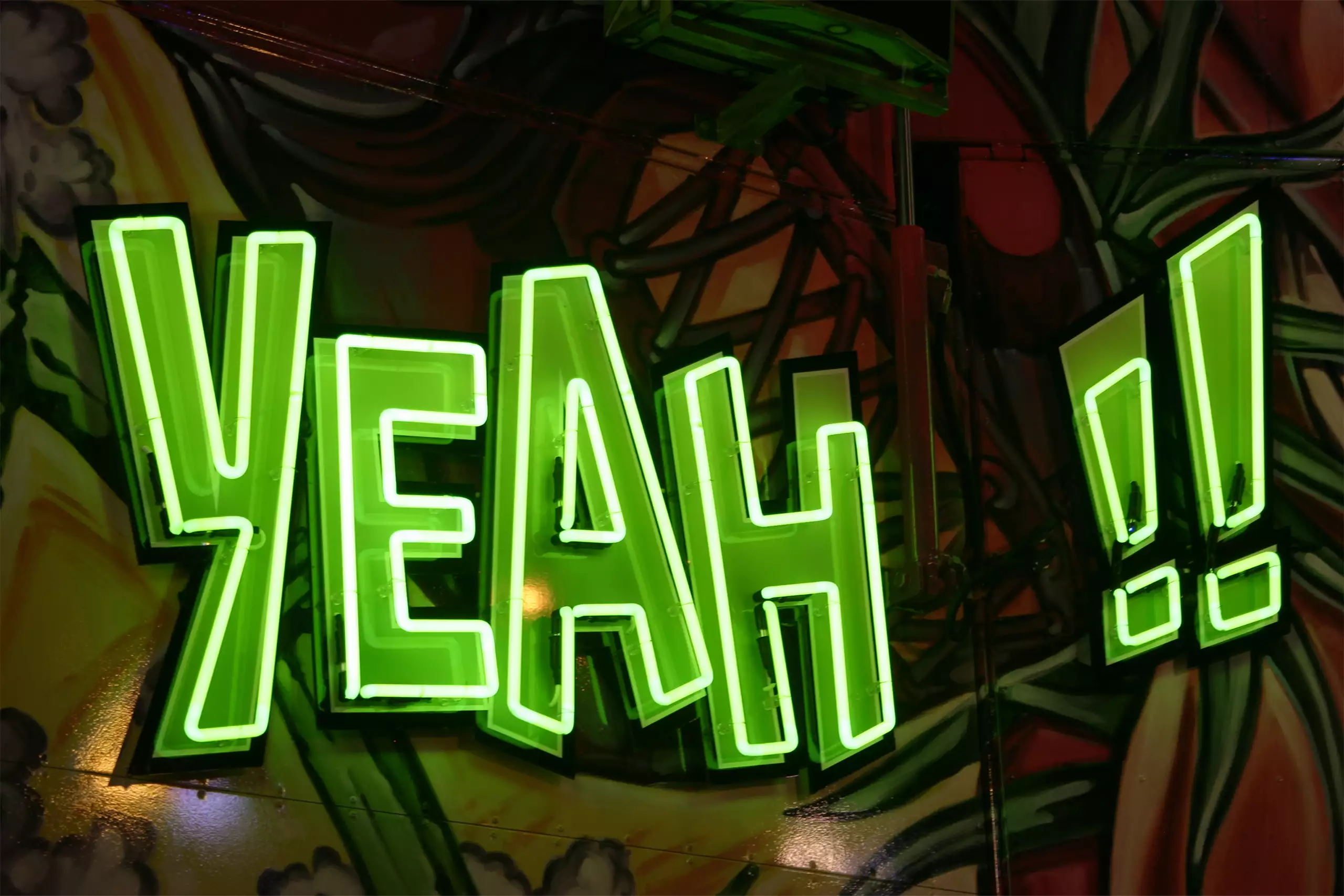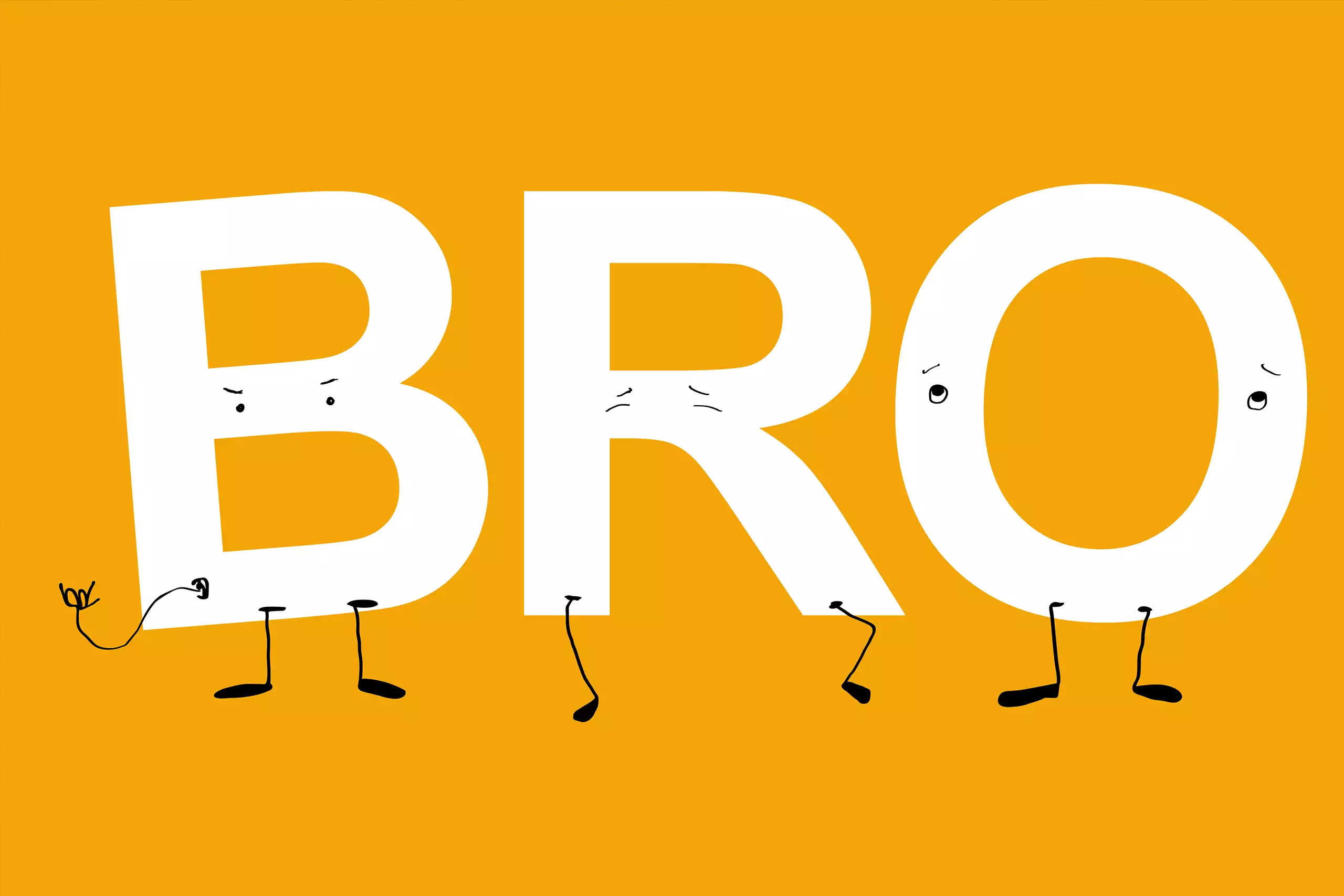Unpacking 'Slang Eiffel Tower': What This Intriguing Term Might Mean Today
Have you ever felt a little lost when new words pop up in conversations, especially online? It's a bit like trying to keep up with a fast-moving train, isn't it? Just as we've seen terms like "lol" and "wym" become everyday language, there's always something fresh on the horizon. Learning the meaning of popular internet acronyms and slang terms is something many people do to stay connected, so it's a very common experience.
Sometimes, a phrase comes along that just makes you scratch your head. "Slang Eiffel Tower" is one of those terms that might seem a little unusual at first glance. What could it possibly mean? Is it about height, or perhaps something grand and visually impressive? It's really quite fascinating how language adapts and creates these new expressions, often for very specific situations.
Understanding these new bits of language is, in a way, like having a secret key to certain conversations. We've all heard phrases like "wyd" or "btw" and learned their meanings, and this helps us connect better. So, let's explore what "slang Eiffel Tower" could be pointing to, and why such a phrase might even exist in our ever-changing everyday talks.
- Denzel Washington Training Day
- Post Nirvana
- Bonnie Blue 1000 People Video
- Aishah Sofey New Leaked
- Morgan Wallen Setlist Miami
Table of Contents
- What is 'Slang Eiffel Tower'? Unveiling Its Potential Meanings
- Why Do We Create Such Slang? The Appeal of Novel Expressions
- How Slang Spreads: From Niche to Everyday Talk
- Using 'Slang Eiffel Tower' in Conversation: When and How
- The Ever-Changing Face of Slang: Staying Current
- Frequently Asked Questions About Slang
- Keeping Up with the Words We Use
What is 'Slang Eiffel Tower'? Unveiling Its Potential Meanings
When you hear "slang Eiffel Tower," your mind might immediately go to the famous landmark in Paris. And, you know, that's a good starting point, actually. Slang often takes something familiar and gives it a whole new, sometimes unexpected, meaning. It's almost like a playful twist on words we already know. So, what could this particular phrase be hinting at in a slang context?
One way to think about "slang Eiffel Tower" is to consider the physical characteristics of the actual tower. It's tall, it stands out, and it's a major focal point. In slang, this could translate to something that is incredibly prominent or noticeable. Perhaps it refers to an event or a statement that is so obvious or grand that it simply cannot be missed. It’s a very visual way to describe something big.
Alternatively, the term might carry a sense of exaggeration or even irony. Imagine someone describing a very minor achievement as "a real Eiffel Tower moment." This would clearly be an over-the-top way of speaking, used for comedic effect or to gently mock the situation. It could also suggest something that is overly elaborate or unnecessarily complex, much like the intricate structure of the tower itself. Sometimes, people use terms like this to describe something that seems a bit much.
- Unistar Two Babies One Fox
- Discovering The Multitalented Max Minghella An Artistic Journey
- Agentredgirl
- Tails Comic Two Babies One Fox
- What Does The Term Eiffel Tower Mean
Another angle, and this is a bit more nuanced, could be about a complex or multi-layered situation. Just like the Eiffel Tower has many different sections and levels, this slang term might refer to a situation with many parts or complications. It could be a way to describe something that looks simple from afar but is quite involved when you get closer. This sort of descriptive slang, you know, really paints a picture.
It's also worth considering that some slang terms are incredibly specific to certain groups or online communities. A phrase like "slang Eiffel Tower" might have originated in a very particular context, perhaps among friends or within a niche online forum. Its meaning would then be understood by those who are part of that group, while others might find it completely baffling. This happens quite often with new slang, honestly.
Why Do We Create Such Slang? The Appeal of Novel Expressions
People make up new slang words and phrases for a bunch of different reasons, really. One big reason is to have a quicker, more informal way to communicate. Think about internet acronyms like "lmao" or "rof" (which you mentioned in your text); they save time and effort when typing. "Slang Eiffel Tower" might serve a similar purpose, offering a shorthand for a complex idea or feeling.
Another strong motivator for creating slang is to build a sense of community. When a group of people shares unique words, it creates a kind of inside language. This makes members feel connected and can even make outsiders feel a little bit, you know, on the outside. It's a way to show belonging, and it helps to strengthen bonds within that particular group. This is actually a very old human tendency.
Slang also gives language a fresh, creative spark. It allows people to play with words, to be witty, and to express themselves in ways that standard language might not allow. Using a term like "slang Eiffel Tower" instead of a more straightforward description can add humor, irony, or a certain flair to a conversation. It's a way to be expressive, which is pretty cool.
Moreover, slang often emerges to describe new experiences or concepts that don't have existing words. As technology changes and our lives evolve, so does our need for new vocabulary. If "slang Eiffel Tower" describes a modern phenomenon or a feeling unique to our current times, then it fills a gap in our language. It's how language keeps up, more or less.
Finally, there's the simple desire to be current and relevant. People, especially younger generations, often use new slang to show they are up-to-date with cultural trends. It's a way of signaling that you're in the know, that you understand what's happening right now. This desire, you know, helps keep language moving forward.
How Slang Spreads: From Niche to Everyday Talk
The journey of a slang term, from being a niche phrase to becoming widely recognized, is actually quite interesting. It often starts within a small group of friends or a specific online community, like a gaming forum or a social media platform. Someone uses a new word, and if it catches on with a few others, it begins to spread. This is very typical, as a matter of fact.
Social media plays a huge role in this process today. A term can go viral quickly through posts, memes, and shared videos. When popular influencers or content creators start using a new slang word, its reach expands dramatically. This is how many internet acronyms, like "afaik" or "bff," gained widespread recognition. They just get picked up and used by lots of people.
Conversations, both online and offline, are also key. As people hear a new term, they might start using it themselves, even if they're not entirely sure of its origin. This organic spread helps to embed the word into broader usage. It's a bit like a ripple effect, where one person tells another, and so on. You know, it just grows.
Sometimes, traditional media, like TV shows or movies, pick up on popular slang and use it in their scripts. When this happens, a term can really hit the mainstream. This exposure introduces the slang to an even wider audience, including those who might not be active on social media. It gives the word a sort of official stamp of approval, arguably.
However, not all slang terms make it big. Many remain confined to their original groups or fade away quickly. The ones that stick often do so because they are useful, catchy, or fill a specific linguistic need. "Slang Eiffel Tower," if it becomes widely adopted, will likely be because it offers a unique way to express a particular idea that resonates with many people. It has to have a certain appeal, you see.
Using 'Slang Eiffel Tower' in Conversation: When and How
If "slang Eiffel Tower" is a term you're thinking of using, it's pretty important to consider the context. Just like knowing when to use "wym" or "btw" in a text conversation, understanding the right moment for a more unique slang term is key. Using it appropriately can make your communication more engaging, but using it out of place might just confuse people.
First, think about your audience. Are you talking to people who are generally familiar with new slang and internet culture? If your friends are always on top of the latest terms, then they're more likely to understand and appreciate a phrase like "slang Eiffel Tower." If you're talking to someone who prefers more formal language, it's probably best to stick to clearer expressions. It's about knowing who you're speaking with, basically.
Consider the tone you want to convey. If "slang Eiffel Tower" is meant to be humorous or ironic, make sure your delivery matches that intent. A playful tone, a knowing look, or even a slight pause can help signal that you're using the term in a specific, non-literal way. It's all about how you say it, too.
Here are some hypothetical ways you might use "slang Eiffel Tower," keeping in mind its potential meanings:
- If something is incredibly obvious or stands out: "Did you see that huge mistake? It was a total slang Eiffel Tower!"
- To describe an overly grand or exaggerated situation: "He made a tiny scratch sound like a slang Eiffel Tower disaster."
- For something complex or multi-layered: "Trying to figure out that new policy is a real slang Eiffel Tower; there are so many parts."
Remember, slang is often informal, so it's best suited for casual settings. Avoid using new slang in formal writing, professional emails, or serious discussions, unless you're absolutely sure it's understood and appropriate. It's about being effective in your communication, you know. To learn more about informal language on our site, you can explore further.
Finally, be prepared to explain it if someone doesn't get it. Part of using new slang is sometimes introducing it to others. If someone asks "What does that mean?" be ready to offer a quick, simple explanation. This helps the term spread and ensures your message is understood. It's a very helpful thing to do, actually.
The Ever-Changing Face of Slang: Staying Current
The world of slang is constantly moving, always changing. What's popular today might be old news tomorrow, and that's perfectly normal. Just like "lol" was once a brand new term, and now it's just, you know, part of how we talk, new words and phrases are always coming and going. This constant evolution is a sign of a living, breathing language.
To stay somewhat current with slang, one of the best things you can do is simply pay attention. Listen to how people, especially those in younger age groups or specific online communities, are talking. Watch popular videos, read social media posts, and notice the words that keep popping up. It's a pretty passive way to learn, but it works, you see.
Online resources can also be a big help. There are many websites and apps dedicated to defining new slang terms as they emerge. These can be really useful for looking up a word you've heard but don't quite understand. It's like having a dictionary just for the latest informal language. For instance, you can find many resources that define terms like "imao" or "afaik" to help you out. You might find it helpful to check out online slang dictionaries for new terms.
Don't be afraid to ask! If a friend uses a term you don't know, it's perfectly fine to ask them what it means. Most people are happy to explain, and it shows that you're interested in understanding. This direct approach is often the quickest way to learn. It’s better than just guessing, isn’t it?
And remember, you don't have to use every single new slang term that comes along. The goal isn't to sound like everyone else, but to understand and communicate effectively. Pick up the terms that resonate with you and that fit naturally into your own way of speaking. It's about personal style, too. Learn more about internet slang and acronyms on our site.
Frequently Asked Questions About Slang
What makes a word become slang?
A word usually becomes slang when a group of people starts using it informally, often with a meaning different from its standard definition. It's about how people adopt and use words in casual settings. It's a very organic process, you know, driven by how people actually talk to each other.
Is it bad to use slang?
No, using slang isn't inherently bad! It really depends on the situation. Slang can make conversations more lively and help you connect with certain groups. However, in formal settings, like a job interview or an academic paper, it's generally better to use standard language to ensure clarity and professionalism. It's about being appropriate, basically.
How can I keep up with new slang terms?
The best way to stay current with new slang is to pay attention to how people communicate informally, especially online. Follow social media trends, listen to podcasts, and watch videos. Also, don't hesitate to ask friends or family members what a new term means if you hear one. It's a continuous learning process, more or less.
Keeping Up with the Words We Use
So, whether it's "slang Eiffel Tower" or another new phrase that pops up tomorrow, staying curious about language is really quite rewarding. Slang, in a way, shows us how creative and adaptable our communication can be. It reflects our culture, our humor, and how we connect with each other in our everyday lives. It's a very dynamic part of language, and it's always fun to see what new words will come next.
- Bomb Iran Vince Vance
- Aishah Sofey Erome
- Lol Superman Explained
- 1st Studio Siberian Mouse
- Post Nirvana

What is Eiffel Tower Slang? - SlangSphere.com

Eiffel Tower Urban Dictionary - SlangSphere.com

What is Eiffel Tower in Slang? - SlangSphere.com